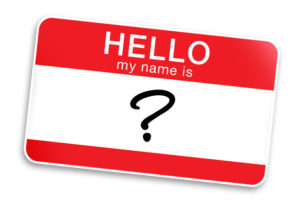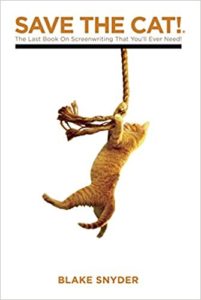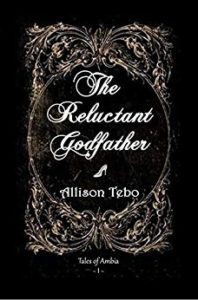Marketing gurus will advise you to have an author newsletter. This keeps your fans engaged with your brand, updated on your latest works, and excited about your books.
Supposedly. But does it actually work?
I have no experience being a successful newsletter author. But I am a pretty experienced newsletter reader. So I thought I would go through the many newsletters I myself am subscribed to, and consider the elements of each.
What makes me more engaged with an author and their books? What turns me off? Well, fortunately I never delete my emails, because I was able to wade through several years’ worth of other authors’ newsletters, and draw some conclusions about my own habits.
This is obviously very personalized, but I think we can draw a couple broad lessons from this research:
TL;DR: Three Lessons to Keep in Mind
1) Giving away free stuff is an awesome pull to make people sign up, but it doesn’t necessarily translate to sales.
For years, I’ve been told that giving away a free book to people who sign up for your list is one of the best tricks in the business, and “the number one way to build your subscriber list”. But is this true?
I was pretty convicted by something Barb Drozdowich said in a recent #BookMarketingChat (on Twitter):
I find that people who are just interested in getting free books are just interested in freebies – generally speaking – they won’t be purchasing customers #bookmarketingchat
— Barb Drozdowich (@sugarbeatbc) February 28, 2019
I know this is true, because it’s true of me. If you offer me free food, free t-shirt, free books, I’ll love it…but I get angry when people charge more that four or five dollars for an ebook. (Seriously…some people charge as much as ten dollars for an ebook novel. What insanity is that?!)
So, while you/we might get lots of “numbers” on our list with a strategy of bribery, are we attracting the clientele that will want to buy? Or do we have a strategy to convert the freebie-seekers into devoted, paying customers?
2) Personal rapport can make or break a brand.
Kristen Lamb can tell you that your “brand” is just how people view you and your product – or, the emotional reaction they have when they see your name.
McDonalds. Steven King. Doctor Strange.
I bet just those simple words communicate a lot, and you have some kind of emotional reaction to each one.
When you go on social media, your blog, your website, etc., people watch you. Maybe one day you snap at someone on Facebook…People see that. Even if you were stressed out that day, and aren’t normally rude like that, and the guy totally deserved it anyway – that single instance might form a large percentage of someone’s perception of you.
You’ll see below that I subscribed to some of these author lists because I “met” the author in some other context, liked who I perceived them to be, and wanted to give them that support (and stay in the loop about their projects).
For a couple other authors, their personality or their writing are so far from my cup of tea that I will never give them my business.
Not anybody’s fault, really. We just “aren’t made for each other.”
3) Connection is potential.
The ideal, of course, is a passionate fan who will buy all your books in hard copies (the better to treasure), tell all their friends about your books, and pounce on every newsletter hoping it contains good news about a new thing to read.
Compared to that, a lurker who sometimes, maybe opens the email and skims for pretty cover images isn’t that impressive.
But it’s a foot in the door.
You’ll notice that some of the authors below don’t send out consistent emails, or I wonder why I don’t unsubscribe because we really don’t have that much in common.
But as long as I’m still subscribed, we have a connection. It’s really depressing when only one or two people open your newsletters (and it’s your parents!) but at least there’s a chance.
Maybe one day they’ll be weeding through their inbox and say, “Oh, what is this? Maybe I’ll read it and find out…”
Or, even if an author’s normal genre isn’t for me, maybe they’ll branch out into [sci fi spy/murder mysteries with something-about-a-long-lost-brother] (fill in your own blank), and I’ll go hmmm…oooohh.
The Evidence
In the following survey, I have included how I subscribed to the list, a brief summary of their brand and my relationship to them, and other details like where they host their email (hosting email on your official author domain is more professional than a free email address, just as having an official author website is more professional than just an Amazon Author Page, for example; another thing to keep in mind as we evaluate authors’ brands).
And now, if you really care to wade through the raw data…my case studies: Continue reading
























